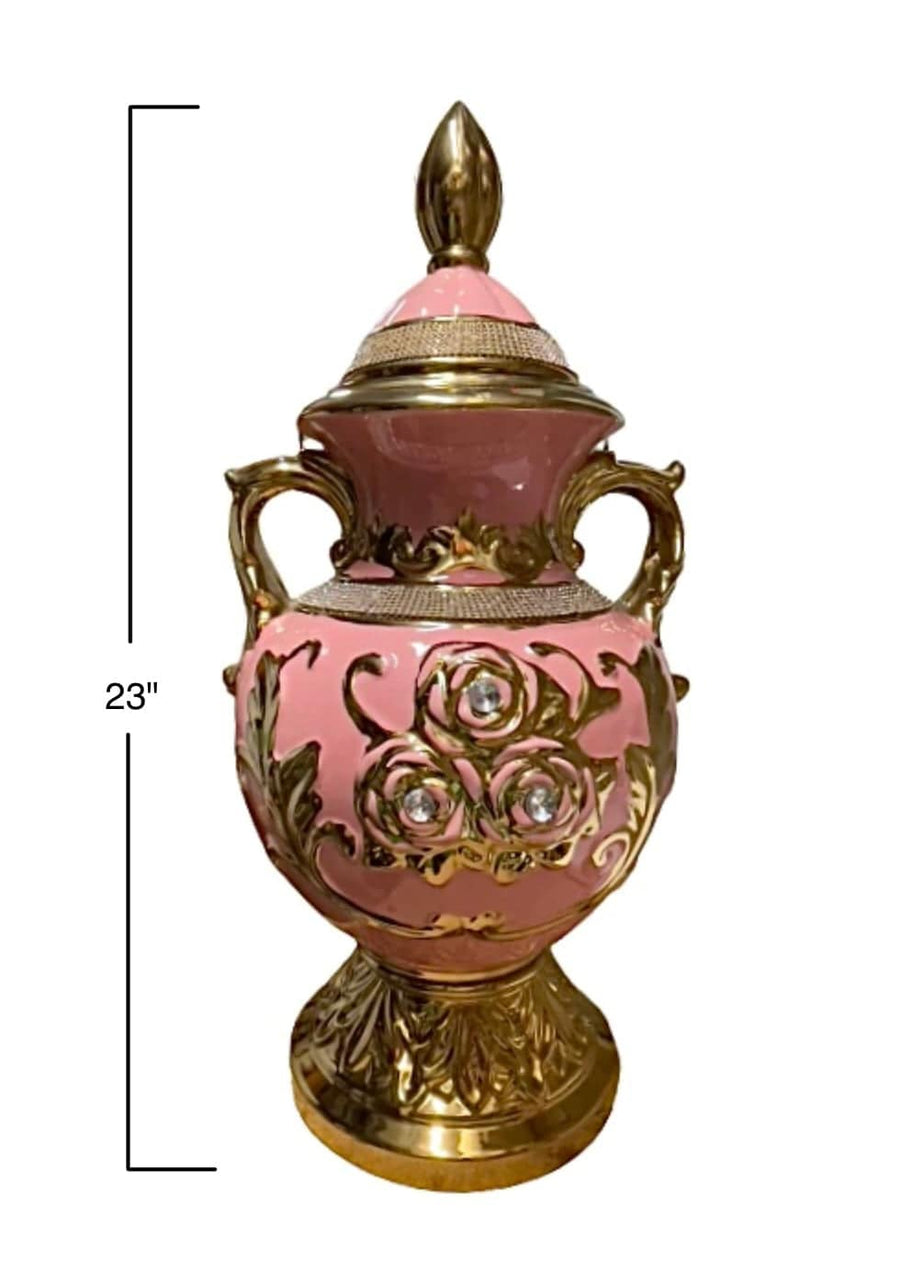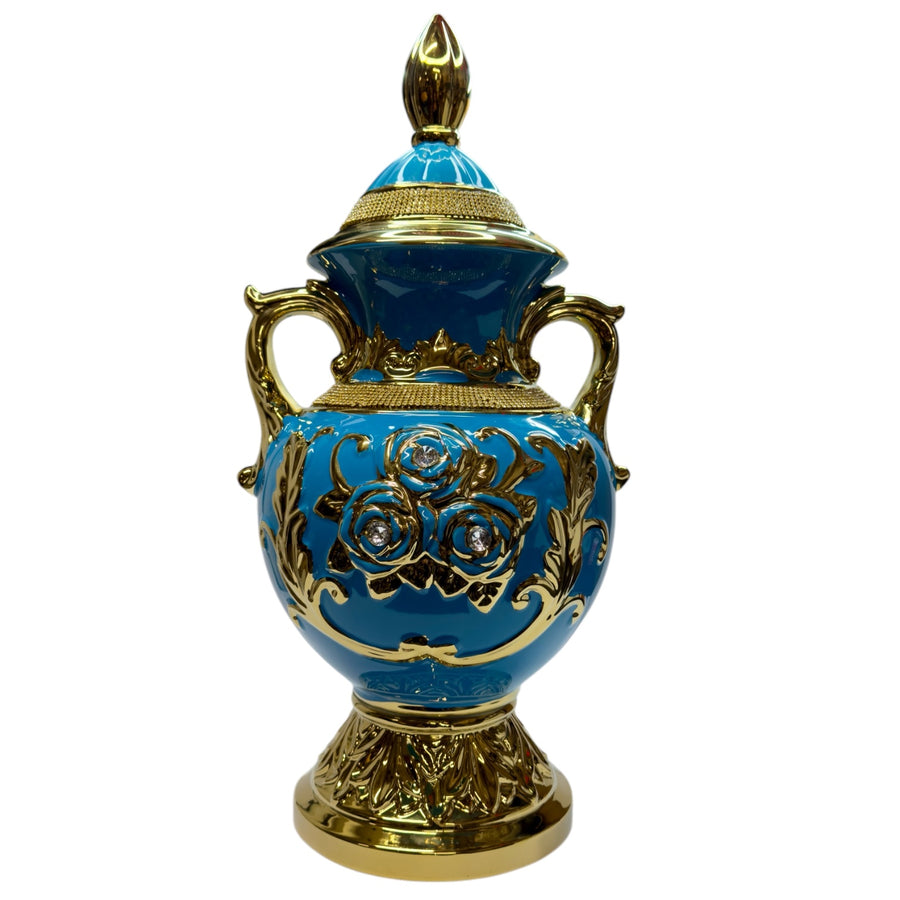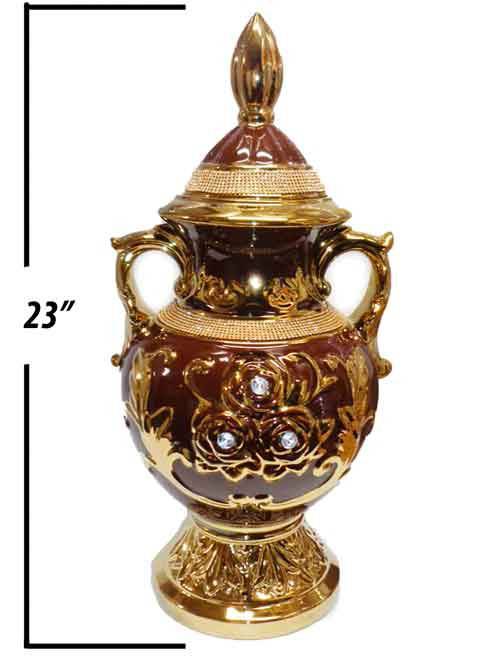Understanding the Significance of Ibejis: Orisha Culture
Within the rich tapestry of Orisha culture, the Ibejis hold a special place. Representing twin deities, Ibejis are often associated with good fortune, blessings, and communal prosperity. This blog will explore the cultural, spiritual, and social significance of Ibejis in Orisha traditions and how they continue to influence modern practices.
The Origin and Mythology of Ibejis
Originating from the Yoruba culture in Nigeria, the Ibejis are revered twins considered powerful entities within Orisha worship. According to mythology, these twins are believed to bring prosperity, happiness, and protection to their families, showcasing the Yoruba belief in the strength and mystical power of twins. Twins in Yoruba society are not only seen as a sign of prosperity but also as spiritual beings possessing unique abilities to affect the spiritual and physical worlds. This veneration is deeply rooted in the belief that twins hold a dual nature, embodying both the physical and transcendental realms.
The historical context of Ibeji worship reveals a fascinating tapestry of stories and practices. In Yoruba mythology, the name ‘Ibeji’ is derived from ‘ìbí’, meaning ‘birth’, and ‘ejì’, meaning ‘two’, thus directly translating to ‘birth of two’ Yoruba mythology. The twins Taiwo and Kehinde embody the belief that the first to come into the world is the younger, sent to gauge the world’s receptivity, while Kehinde stays behind, thus considered the elder. Such tales imbue these deities with deeper layers of meaning, symbolizing the intricate patterns of life and spiritual balance.
Symbolism and Significance in Orisha Worship
In Orisha culture, the Ibejis symbolize duality and balance. They represent the interconnectedness of spiritual and earthly realms, embodying the idea that every positive outcome often requires the balance of opposing forces. Ibejis are celebrated with vibrant rituals that highlight their role as harbingers of good fortune. Their existence is a reminder of the dual nature of life, where joy and sorrow coexist, shaping human experiences. This duality is further emphasized in their syncretism with Saints Cosmas and Damian, reflecting their universal appeal across different cultures.
The Ibejis play a vital role as protectors and intermediaries in Yoruba tradition. Their protective nature is symbolized through various rituals that are designed to channel their blessings. The Yoruba believe that ignoring the Ibeji is a grave mistake, as they are integral to maintaining harmony and order. This belief aligns with the broader cultural idea that twins, by their very nature, bridge the gap between this world and the spiritual, providing clear pathways for prosperity and fortune. Thus, guardianship and guidance are crucial themes in Ibeji symbolism.
Rituals and Practices Honoring Ibejis
Ceremonies dedicated to Ibejis involve colorful celebrations with music, dance, and offerings. Devotees often dress up in similar attires to honor the twins, believing that these rituals will attract blessings and harmony in their lives. Offerings of candy, toys, and favorite foods of children are common to invoke the joy and protection the Ibejis provide. These offerings symbolize purity and innocence, reflecting the childlike characteristics that the Ibeji embody. By embracing these rituals, devotees demonstrate their commitment to maintaining balance and receive the bountiful blessings that the Ibeji bestow.
The practice of carving wooden Ibeji figures holds spiritual significance. When a twin passes away, the Yoruba often commission a babalawo to create a sculptural representation of the lost child traditional Yoruba practices. This figure is treated with care and reverence, often adorned with personal items that reflect the family’s status and fortune. Such practices underscore the community’s responsibility in preserving the memory and power of the Ibeji, reinforcing the cultural belief that the deceased twin continues to offer protection and guidance from the spiritual realm.
Ibejis in Contemporary Times
Despite the modern advancements, the reverence for Ibejis remains strong. They continue to influence art, music, and cultural practices worldwide, particularly in regions with a vibrant African diaspora. The celebration of twins, ingrained in the cultural fabric, showcases the enduring legacy of these ancient deities in contemporary life. Festivals celebrating the Ibejis bring communities together, reflecting the values of unity and collective well-being that the Ibejis stand for. This enduring recognition shows how the traditions surrounding Ibejis have transcended generations, preserving the essence of Yoruba spirituality worldwide.
In today’s world, the symbolism of the Ibeji extends beyond religious practices, inspiring movements towards cultural preservation and appreciation. Their presence in modern art and literature highlights the timeless themes of duality and unity, encouraging dialogue and understanding among different cultures. The Ibeji continue to inspire new interpretations and identities within global narratives, bridging traditions with contemporary expressions and reminding us of the universal bonds shared within diverse communities. Their cultural significance transcends traditional boundaries, influencing a multitude of expressions that continue to resonate today.
Embracing the Blessings of Ibejis
The Ibejis serve as a powerful reminder of the importance of harmony, balance, and duality in life. Their role in Orisha culture not only reflects the unique traditions and beliefs of the Yoruba people but also offers universal lessons in unity and resilience. By understanding and respecting the significance of the Ibejis, both followers of Orisha and those new to the traditions can embrace a deeper connection to their own spirituality and community.





































Dejar un comentario